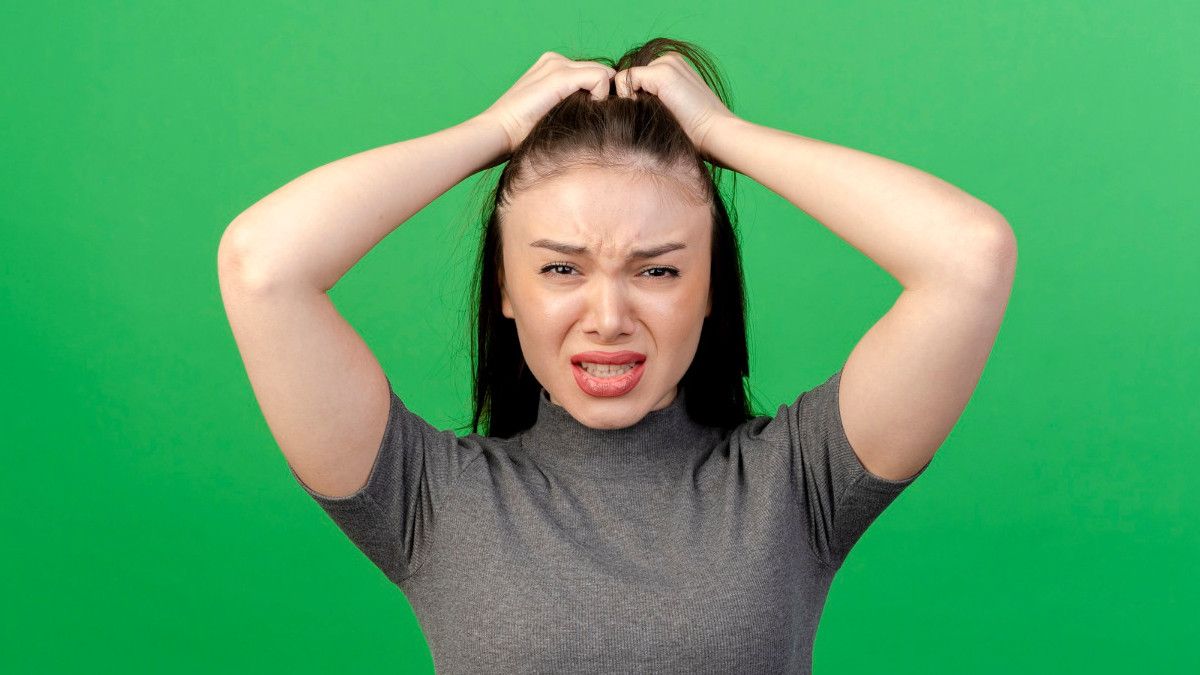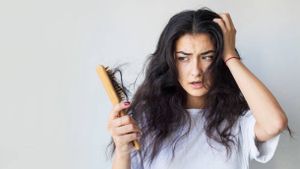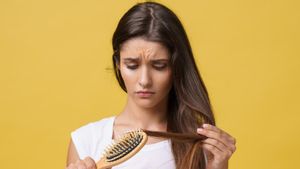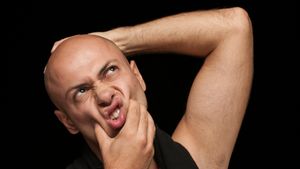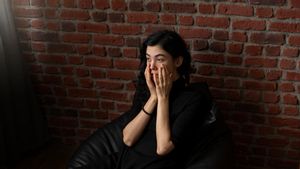YOGYAKARTA hair thinning can be experienced at a young age, even after maturity. Because one of the factors that influence hair, is hormonal changes. In addition to hormones, follicles and hair growth are also lowered according to genetic history. In addition, the causes of hair depletion include the following.
A biologist says the cause of hair thinning is influenced by the amount and thickness of hair. Paradi Mirmirani's dermatologist says the main factors are thick, thick, and thin hair strands, the main factor is genetics. How much hair you have from the start, and whether thick or thin, depends on how many hair follicles you have since birth and the diameter of the follicle.
Genetics affects the number of hair follicles in the head. How thick or thin each hair strand grows, determined by the diameter of the hair follicles, explained the hair transplant surgeon Zafetinkaya based in Turkey. Obviously reported by Huffpost, Sunday, November 24, larger follicles produce thicker hair. While follicles are smaller, resulting in thin strands of hair.
Mirmirani added, genetics also determines the color and shape of the hair produced by each hair follicle. This genetics is only the beginning, said Mirmirani. Many other external factors also affect the thickness or thinness of the hair.
Another of the most important factors that causes hair to run out, is nutrition. Hair will not grow properly without getting enough nutrition, explains Mirmirani. Medicines and chronic diseases can also affect how much hair grows and how much it grows.
According to University of Biology assistant professor Ben Greulich, several hair follicles will eventually stop producing hair. So that the remaining hair may become thinner. This is a miniaturization process that causes hair to run low with age.
Over time, the hair follicles shrink in size. The follicles produce hair fibers that are smaller, smoother, and shorter. This means that they do not cover the scalp too well. Miniaturization usually occurs in three or four different phases. Because it is also influenced by hormonal changes and age-related functions.
Minaturization or the process of stopping follicles grows hair or hair shorter, thinner, and softer, because of hormonal changes experienced in three or four phases of life. First, hair thinning is experienced at a younger age, namely after maturity. Saat principal there is an increase in the hormone androgen. When the hormone anderogens increase, the hair shrinks even when they are in their 20s or 30s.
SEE ALSO:
Second, hormonal changes that occur in the 40s and 50s can also cause hair to run low. In women, estrogen decreases during menopause, causing changes in the diameter and texture of the hair. For men, androgen and testosterone and dihydrothestosteron (DHT) cause changes in hair growth and quality over time. In men aged 50 years, 30-50 percent lose part of the hair and experience alopecia androgenetic.
Third, changes related to age, such as decreased blood vessel function and metabolism for optimal hair production, usually experienced in the age of around 60. In addition to the age phase, pregnant women and post-treatment, also experience hormonal fluctuations that affect hair.
Hair depletion is actually normal in line with biological changes related to genetics, hormones, and age. But what to worry about is hair thinning due to deteriorating health conditions. If you experience it, it is important to consult a doctor and ask for the best recommendations.
The English, Chinese, Japanese, Arabic, and French versions are automatically generated by the AI. So there may still be inaccuracies in translating, please always see Indonesian as our main language. (system supported by DigitalSiber.id)
